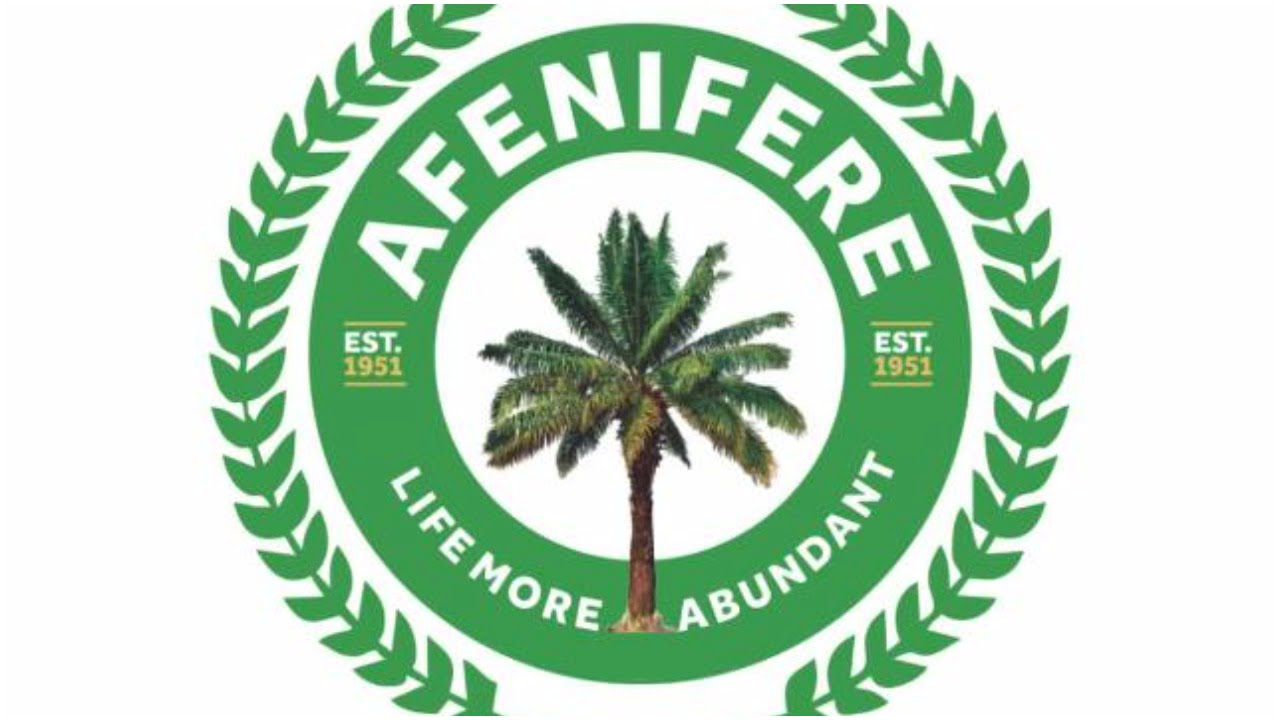
The pan-Yoruba socio-political organization, Afenifere, on Saturday, said the high cost of energy impacts health and security like it does to the economy.
Afenifere’s remark is in reaction to the price of a litre of petrol now going for between N1,000 and N1,400, a kilogram of cooking gas is about N1,500.
As of 2023, a litre of fuel was N197 while a kilogram of gas was about half the current price.
In its latest report, the National Bureau of Statistics, NBS, indicated that inflation rates have risen to 32.70 per cent in September this year.
In August, the federal government announced that a bag of rice, a foodstuff that is widely consumed in Nigeria, would be N40,000.
Currently, a bag goes for between N90,000 and N105,000. The same for many other commodities including electricity.
Reacting, Afenifere’s National Publicity Secretary, Jare Ajayi, in a statement, said: “The cost of energy has skyrocketed. Yet, it is a known fact that energy is not just a driver of the economy, it is also a driver of health and security going by the impact it has on these sectors. For instance, people who stressed themselves too much on the road because they could not afford transport, those who could not regulate the temperature in their homes and offices or afford the requisite energy to prepare food properly would be endangering their health conditions.
“In the same vein, high cost of energy – fuel, electricity, gas, diesel, gasoline etc. – are forcing a lot of people out of business. And, as is known, the crime rate is always high where the unemployment rate is high thus inducing insecurity and banditry.
To quickly ease the pains that the high cost of energy is causing Nigerians, Afenifere called on the NNPCL to deliver on its promises of revamping the country’s moribund refineries.
Allusions were made to several promises that the corporation has made on getting the refineries to work starting with that of Port Harcourt.
Since around 2022, several dates have been given without any being met.
Ajayi recalled the disclosure by the Secretary General of the Organisation of Petroleum Exporting Countries, OPEC, Haitham Al Ghais, that sundry taxes, rather than the market price, were responsible for high fuel prices in Nigeria, adding that it is within the power of NNPCL to considerably reduce the price of the commodity.
“The logical thing to do is for the NNPCL to reverse its recent price hike and ensure that its refineries begin production immediately”.
Afenifere further called for home-grown policies that will boost local businesses, encourage innovation and reduce the heavy reliance on importation as is currently the case.
“In many instances, prescriptions by Bretton Woods institutions have always made governments that implement them unpopular. With World Bank’s prediction that the ones being taken in Nigeria will take 10 to 15 years to bring the expected succour, it would be better to disavow such and go for home-grown policies that will prioritize agriculture, encourage local manufacturers, place more premium on local investors and reduce dependence on imported goods as well as combat insecurity headlong,” he added.


